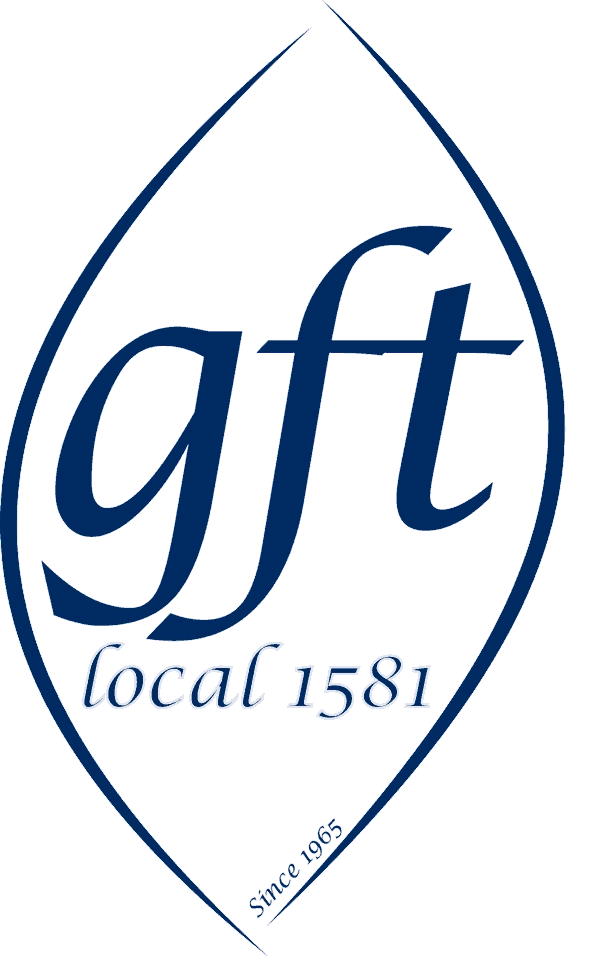Milan Stech, chairman of the Czech umbrella CMKOS trade union confederation, told journalists Wednesday that 985,000 people, including 306,000 civil servants, participated in a one-hour token strike the CMKOS staged on Tuesday. The government has thus managed to unite members of the Czech unions who joined forces to stand up against its policy, Stech said.
Further mass protests in support of the unions demands cannot thus be ruled out in the future, he said.
In addition, many more union members wanted to join the strike but were not able to do so for various reasons, he said.
The unions protested against the reforms of the centre-right government of Prime Minister Mirek Topolanek (senior ruling Civic Democrats, ODS). They pointed out that the reforms had provoked high inflation that led to the lowering of real wages in education, health care and in the public sector.
The unions also disagree with the pension reform that is being prepared.
Stech said further union protests could be staged during the preparation of the state budget for next year or if union members disagree with the new Labour Code prepared by Labour and Social Affairs Minister Petr Necas (ODS).
Topolanek and other ministers say that the Czech unions are closely connected with the opposition Social Democrats (CSSD).
CMKOS chairman Stech is senator for the CSSD and he will again run for the Senate on the CSSDs list of candidates in this autumns elections.
Some government members say this is the reason for the trade unions becoming more radical in the months to come in order to make themselves more visible.
Topolanek said after the Tuesday strike that the Czech Republic was not threatened by the reforms but by their shortage. He said the strike was political.
Only a silly person can think that it was a political strike, CMKOS deputy chairman Jaroslav Zavadil said.
He denied that the union leaders were connected with political parties.
Bohumir Dufek, chairman of the Independent Trade Unions Association (ASO), said the strike proved the unions strength.
He said several thousand engine drivers brought the operation of the Czech Railways to a halt and that a mere dozens of members of agricultural unions managed to block the highway in Pragtue for half an hour.
Three percent of farmers are capable to paralyse the entire France and several percent of hauliers paralyse the whole Spain. In the Czech Republic it is the question of the influence of certain groups on individual branches, Dufek told CTK.
Trains stopped, public transport was discontinued in many towns and employees interrupted their work in some firms in the Czech Republic during a one-hour token strike on Tuesday between 13:00 and 14:00.
According to Stech, it has been the largest protest event of this kind in the country since the 1990s.
Necas said it was exaggerated to call it a nationwide strike, pointing to the fact that a crushing majority of the five-million people working the Czech Republic did not go on strike.
Experts, addressed by CTK, agreed that the one-hour token strike would only have a minimal impact on the Czech economy.
More than 30,000 Czech medical workers, including doctors in hospitals, out of about 200,000 people who work in the health care sector joined the strike.
Their strike was mainly aimed against the governments plan to transform health insurers and teaching hospitals into business companies.
The CMKOS associates 32 trade unions with 540,000 members.
(671) 735-4390
contact@gftunion.com
